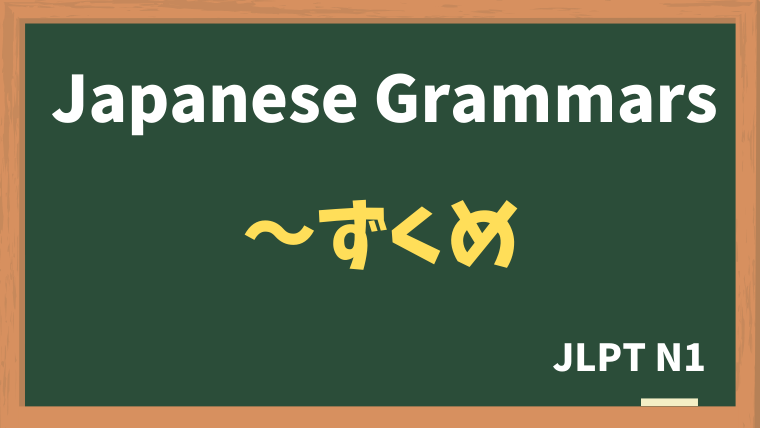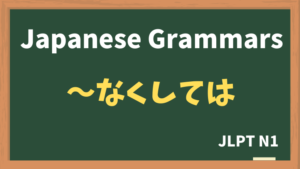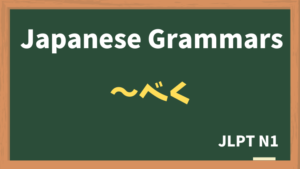
Explanation:〜ずくめ
fa-check-circleMeaning
"〜が多い / 〜ばかりだ / 〜がたくさんある"
Used to describe a situation where everything is characterized by a certain theme, condition, or attribute. It conveys the sense that something is filled or covered entirely with that theme, often implying that it occurs repeatedly or entirely throughout a situation. This pattern can be positive, negative, or neutral depending on the context, and it’s often used to emphasize the overwhelming or consistent presence of something.
fa-check-circleForm
N + ずくめ
fa-check-circleJLPT Level
N1
fa-check-circlePoints
- Totality or Entirety: "〜ずくめ" suggests that everything in the situation is covered by or related to the same characteristic or condition.
- Repetition or Consistency: It emphasizes that something appears repeatedly or is pervasive throughout a particular context.
- Commonly Used with Nouns: It typically follows nouns that represent themes, situations, or colors.
- Neutral or Context-Dependent: Depending on the noun used, "〜ずくめ" can convey positive, negative, or neutral meanings.
fa-check-circleNote
・物、色、出来事などによく使います。
・「黒ずくめ」「いいことずく」など慣用的(as an idiom)に使われるものが多い。
Sample sentenes
最近、試験にも合格できて、彼女もできて、いいことずくめだ。
Recently, I passed my exams and got a girlfriend; everything's been going well.
彼女はいつも黒ずくめの格好をしている。
She always dresses all in black.
今日の晩ご飯はステーキに、ロブスターに、ご馳走ずくめだった。
Tonight's dinner was a feast, with steak and lobster.
毎日残業ずくめで本当に大変だ。
It's really tough working overtime every day.
ジェシカさんはお金持ちで、毎日全身ブランドずくめだ。
Jessica is rich and wears designer brands from head to toe every day.
Vocabulary
| Japanese |
English | |
| - | ロブスター | lobster |






